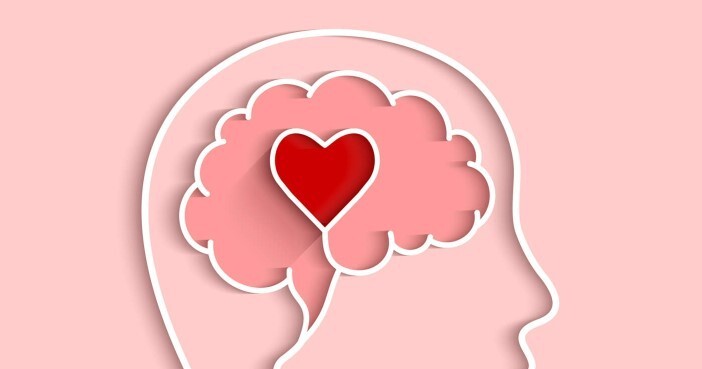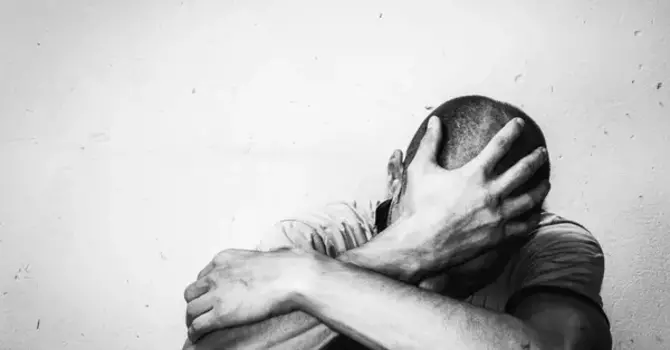
By: Dr. Kristin Heins, ND, RP & Paula Riczker, OT
The Merriam-Webster dictionary offers a number of synonyms for the term anxiousness - apprehension, anxiety, concern and agitation being a few. Over the past few years most of us have been faced with numerous factors, both internal and external, that would have increased experiences of anxiousness, concern and apprehension.
As a practitioner, the recent pandemic has only strengthened my understanding of the interconnectedness of our mental-emotional and physical wellbeing. Science understands this relationship more and more in the interplay between our sensory / nervous system and our thoughts / feelings and then the way our body in term responds. Think of being startled and feeling momentary concern and having our heart rate increase as an example.
Working with clients struggling with anxiousness, I often refer to it as “unsupported mobilized energy”. The journey of work is to help clients better understand it while developing tools and skills to support themselves more fully. This often extends into exploration of adjunctive nervous system support through self care (relaxation, meditation, activities of pleasure) other health services (osteopathy, chiropractic, massage or acupuncture ) as well as sensory exploration as offered at Thrive by practitioners like Paula. I have asked her to share some perspective on her work in this context -
Our Sensory Health is an important part of our mental health and well-being. Our sensory systems are part of the Nervous System, and the way we process sensation impacts all aspects of our life and our state of regulation. It provides a sense of safety, emotional stability, impacts social interactions and development of our sense of self.
Sensory processing is how the body takes in, interprets and understands all the information from the world around us. We often think of just 5 senses (hearing, seeing, touch, taste and smell) when talking about the sensory systems, but there are 8 that greatly impact our nervous system- the other three are called the Vestibular, Proprioceptive and Interoception Systems. These systems are about how we move, our sense of where we are in space, amount of pressure we use, and the cues we get from the inside of the body (more to come on these 3 lesser known sensory systems!) Often we don’t think about how we process sensation as it doesn’t require conscious thought, however if there are challenges with the way we process sensation, the world may not feel as safe, we may have a harder time at work or in the classroom and with relationships.
Looking at sensory processing can often be a key to regulation. Understanding and developing awareness of this aspect of ourselves and others can be the first step to achieving sensory health. Sensory strategies offer effective tools for helping to achieve a calm, regulated and resilient nervous system!
Interested in exploring therapy? Click Here to book your first Appointment
Dr. Kristin Heins
Contact Me


